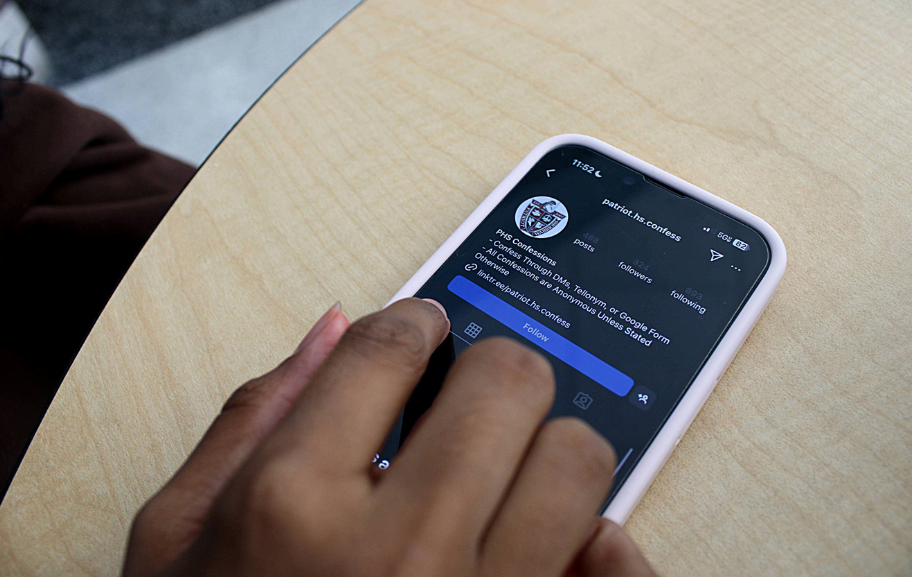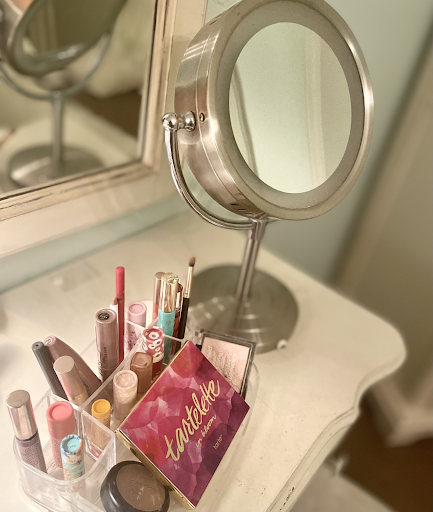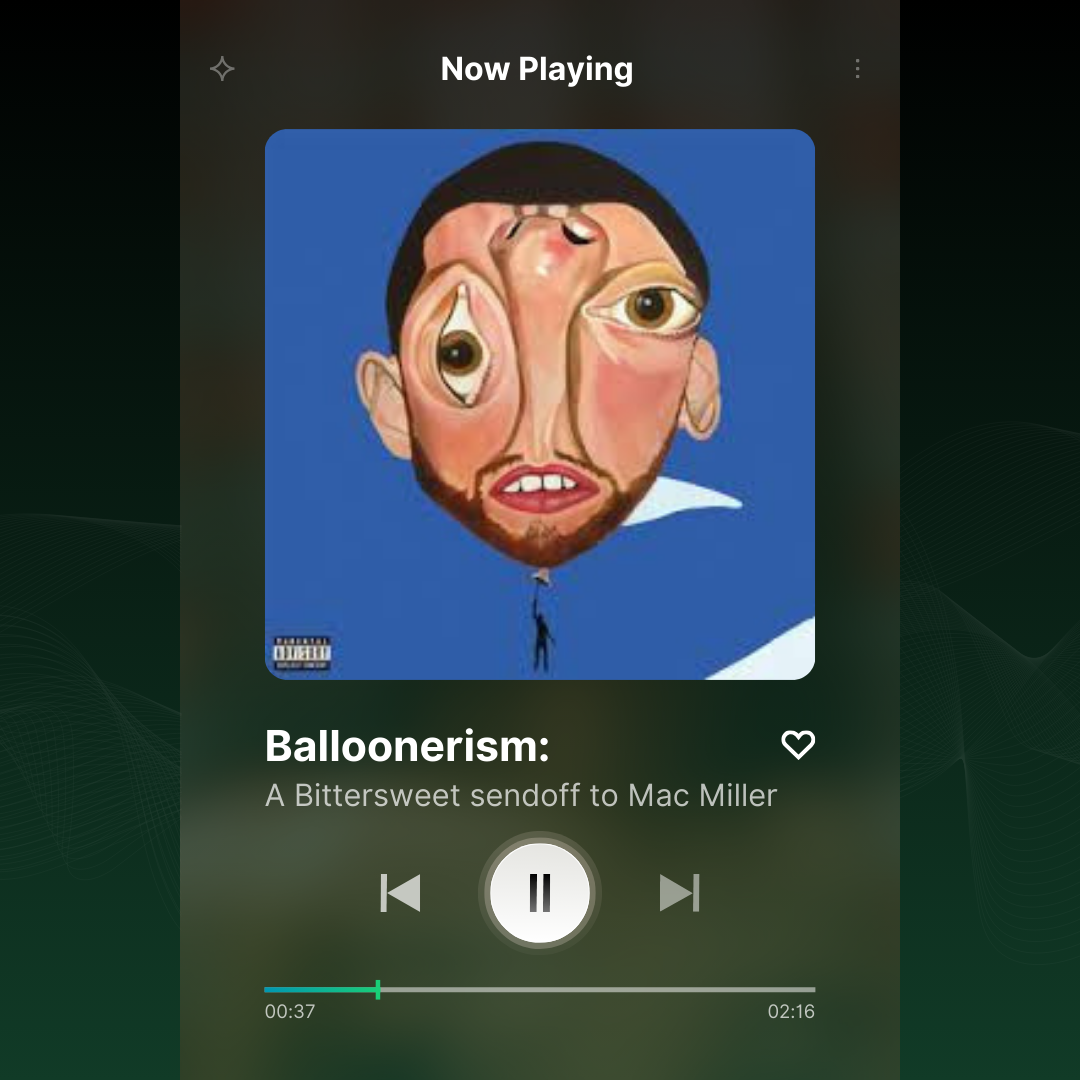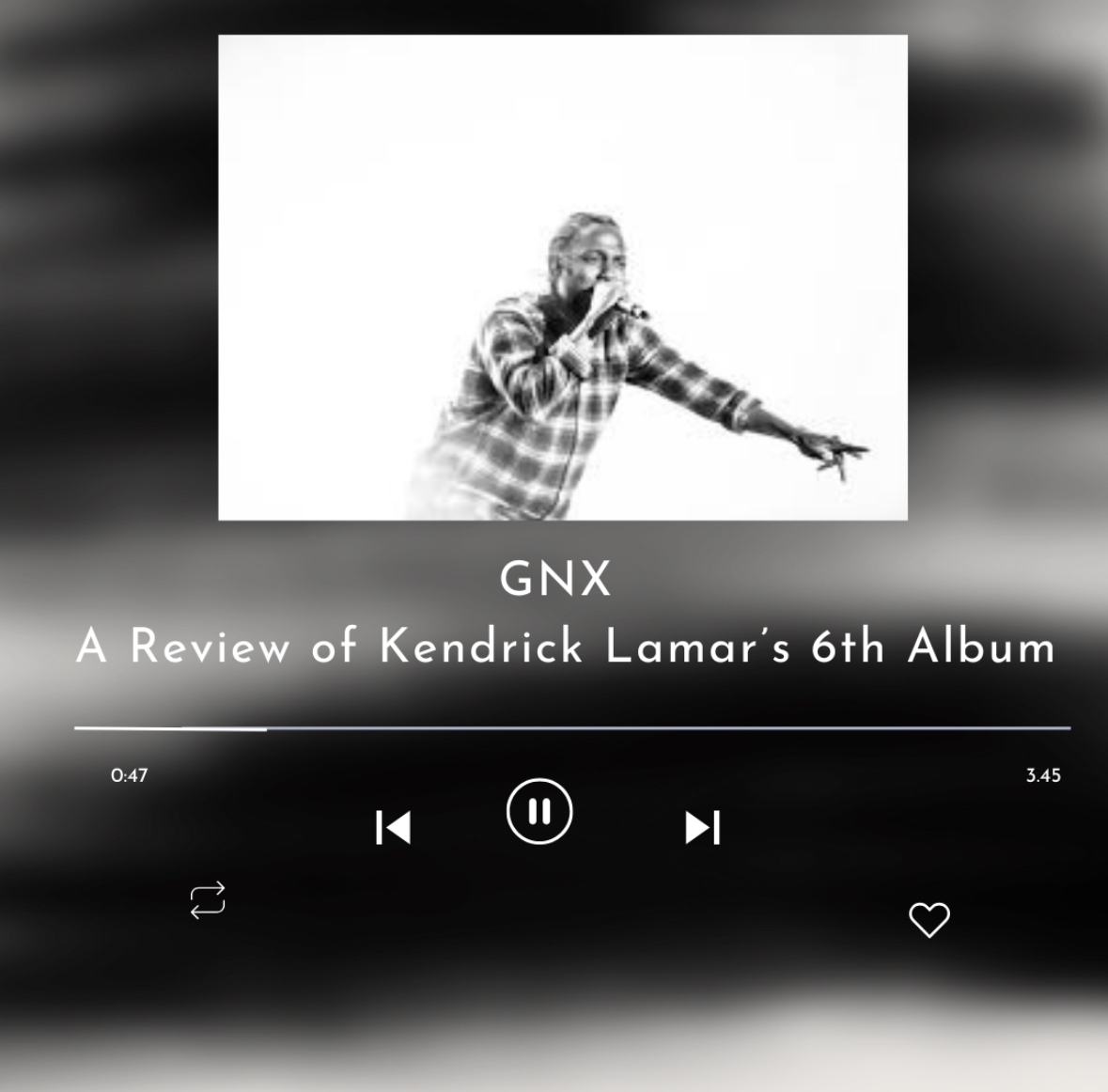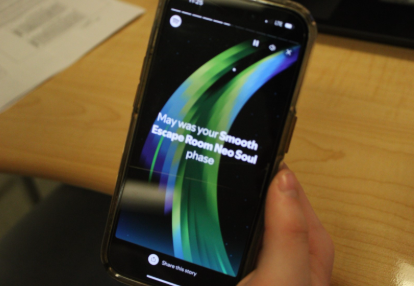Confessions pages – online platforms where anyone can comment their personal opinions anonymously, whether they be positive or negative. When you give high school students the power to share their unfiltered thoughts to a large audience without repercussion or identification, there is no telling how it will unfold.
According to a survey that collected responses from 41 high school students throughout Prince William County, 70% of students believe that school confessions pages create negative division within school. Additionally, 58.5% of responders say they would support the banning of school confession pages, with comments saying these pages should enforce moderation regarding what can be posted on the page.
Confessions pages on social media have been a significant accessory in the high school experience ever since the rise of the internet. While some students believe that these platforms are a good opportunity to share personal opinions with a community that understands their struggles, they also face extreme backlash.
Nat Kennedy, a sophomore at Patriot High School, has been posted about on Patriot’s confessions page and opened up about her negative experience as a victim. When asked how the incident changed how she saw online interactions on the media, she says “I take them a lot more seriously now… you never know who’s watching you or who thinks thing about you. I thought I had no problems with anyone, but now I’m thinking people dislike me, so it definitely changes the way I interact on social media and talk to people.”
Many students believe schools confessions pages are completely negative and essentially cyberbullying, as stated by senior Daivon Hendrix in an article published by Franklin High School’s news site, The Franklin Post. However, other students believe that it is a great space to be vulnerable with a community without getting targeted.
When asked about her stance on confessions pages, whether more positive or negative, Kennedy says, “Although people can have a chance to be honest and vulnerable without having their identity released, I think more of the confession’s pages are posted towards negative ways instead of positive ways… Most of these confessions’ pages consist of talking bad about other people and it’s not really venting.”
Her advice to students dealing with negative comments about them on school’s confessions pages is, “You should just not care about what other people have to say about you, especially if they’re not going to say it to your face… Why would you take criticism from someone you wouldn’t go to for advice? I think it’s just really good to remember if they don’t have the power to say it to your face you shouldn’t really worry about it.”
Sophomore Kylie Jarrell, the Our Minds Matter club secretary, and sophomore Maddie O’Brien (10), the Our Minds Matter club social media manager, provided their opinions on high school confessions pages as well. When asked about support systems they would encourage cyberbullying victims to engage in or what new support systems they would like to see implemented, O’Brien says, “Kids should be more open to using [the counselor’s office] if they are being cyberbullied because they can really help.”
Jarrell adds, “I would love to see some sort of way that social media can block specific words or prevent people from saying bad stuff… Schools could [also] implement an area where students who are getting cyberbullied can talk about their struggles and help each other.”
According to the Pew Research Center, 46% of teenagers in the United States have experienced cyberbullying in some manner, and the Cyberbullying Research Center states that 64% of students who experienced cyberbullying said it affected their ability to learn and feel safe at school. Additionally, cyberbullying is reported to trigger anxiety and depression in victims. With these statistics in mind, Maddie says a way to combat these negative feelings is to “discourage the people who are cyberbullying, because they shouldn’t feel like they’re able to cyberbully someone.”
According to The Stuyvesant Spectator, social media makes it easier to spread hateful ideas and use real people as entertainment. They mention it disregards people’s rights to privacy and quickly spreads information that may be false.
Additionally, a survey that analyzed responses from 41 high school students in Prince William County showed that 90.2% of people believe that commenters feel more empowered online when posting anonymously.
When asked if they think students should be held accountable for what they post online, O’Brien says, “Students should only spread kindness if they’re going to post it online, because [the media] is forever. It can severely damage someone’s mental health. [Commenters] shouldn’t feel safe to anonymously post something because they can still get found out.”
Jarrell mentions, “It isn’t fair for people to have an inflated ego while bullying online because they believe they will have less consequences.”
Furthermore, a comment on the survey reads, “It’s a place where students can post their unfiltered thoughts without any consequences. Some of their posts can be really triggering and I think they should be taken down.”
A research paper on confessions pages mentions, “It was found that anonymity and absence of direct consequence embolden those who confess and serves much like a freedom wall where a lot of these pages now have begun posting derogatory comments about peers, professors, and institutions.”
Overall, though the presence of high school confessions pages on social media is controversial, the majority of students believe that the effect of them is negative and toxic. Additionally, the anonymity of these pages promotes negativity as it shields the commenters’ identity, making it so that they are impelled to say anything they want unfiltered and without consequence.
